Public Finance Management
Number of results stories covering this topic: 17
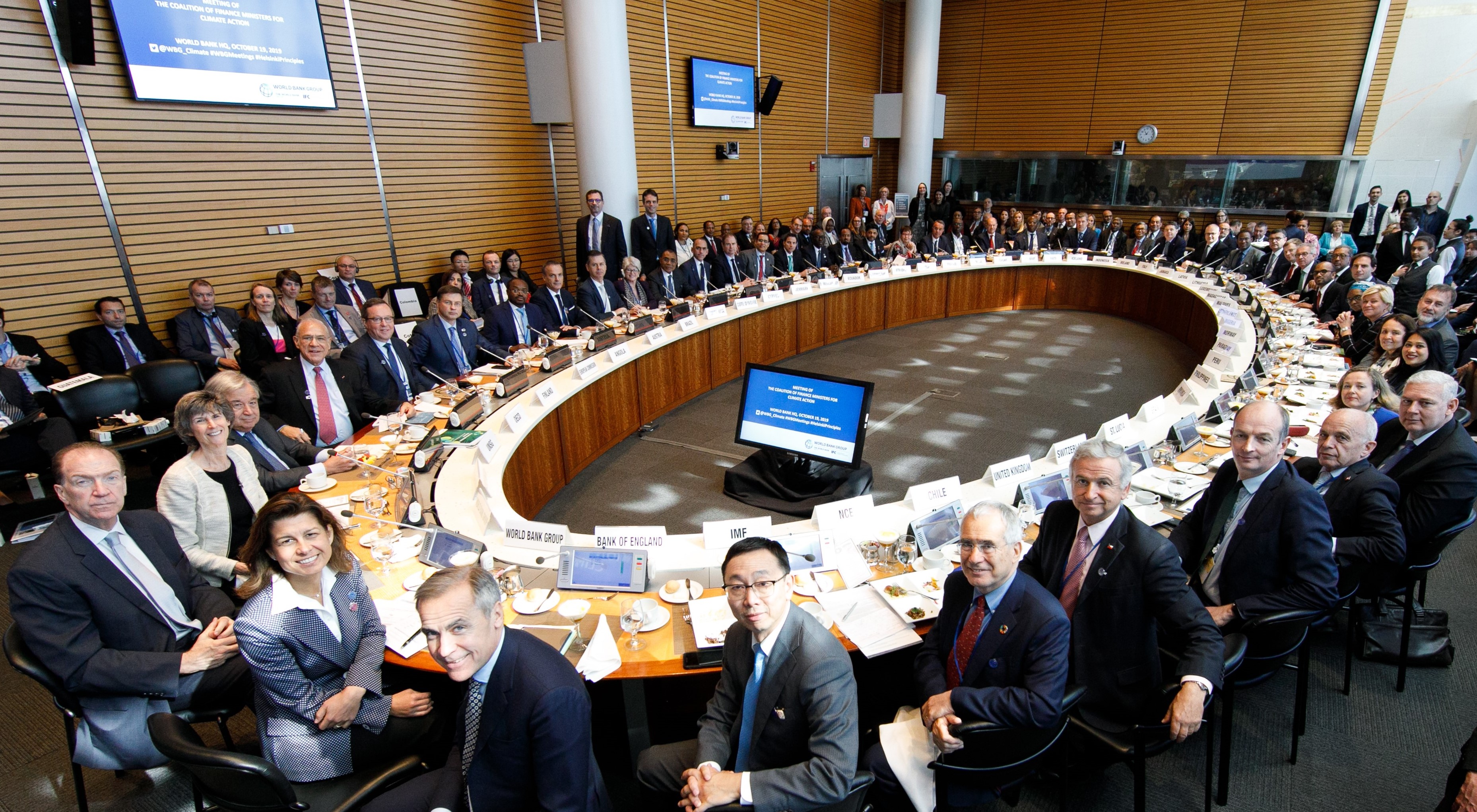
Action Learning Support to CAPE – Climate Action Peer Exchange
Climate Action Peer Exchange (CAPE) is a forum for peer learning, knowledge sharing, and mutual advisory support. It brings together ministers and senior technical specialists from finance ministries across the world, as well as World Bank staff and other international experts, to discuss the fiscal challenges involved in implementing the…
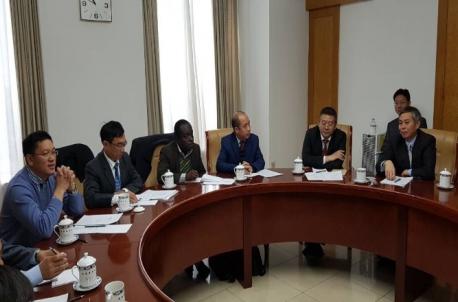
Strengthening Procurement Audit and Inspection of Public Investment Projects in Vietnam
In the light of rapid economic growth and increasing investments, the Inspectorate Department of Vietnam’s Ministry of Planning and Investment (MPII) faced challenges arising from an increased workload as well as integrity issues including fraud and corruption. Vietnam requested support from the World Bank in strengthening their procurement…
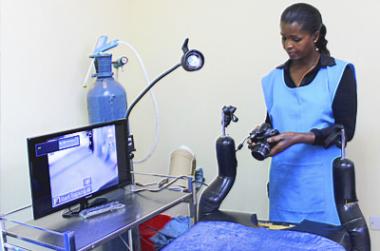
Strengthening Public Investment Project Coordination among Subnational Governments in Colombia
The Government of Colombia sought to strengthen the capacity of its Bank of Public Investment Projects. Weak capacity and systems made it difficult to manage projects and coordinate among subnational governments in the planning and execution of public investment projects. The opportunity for a knowledge exchange with Peru presented Colombia with…
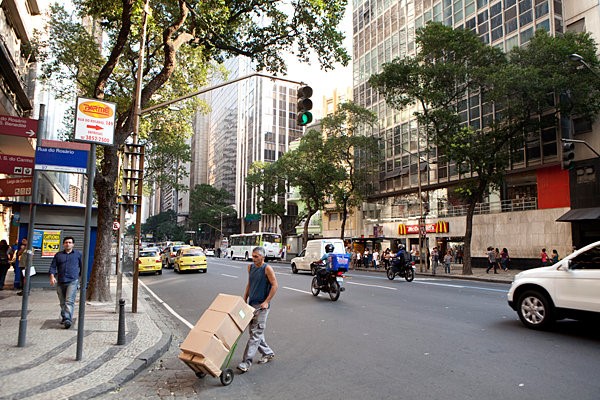
Strengthening the Public Internal Control System and the Internal Audit Function in Brazil
The economic recession in 2015 in Brazil was exacerbated by a weak public sector internal control system (PIC), which was not strong enough to curb corruption. Brazil, whose democratic constitution stemmed only from 1988, needed to learn to how to approach strengthening PIC. In response to Brazil’s request for assistance, the World Bank organized…
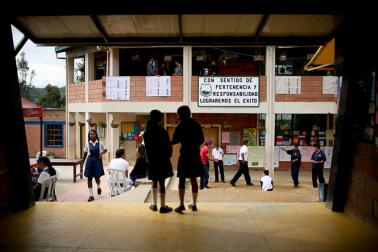
Improving the Public Investment Management System in Honduras
The Honduran Government has been working to develop capacity to effectively monitor public policy results and improve public spending effectiveness in a tight fiscal context. In this effort, it has moved toward consolidating reforms in key areas such as public financial management. It has begun the development of a second phase of its…

Nepal Learns about Post-Conflict State Building from Rwanda and South Africa
With Nepal’s transition from monarchy to republic in 2009, a decade-long civil insurgency endured by the Nepalese people finally ended. The Government of Nepal (GoN) wanted to learn how other countries had reintegrated combatants into society and successfully increased the role of local governments after similar conflicts. The GoN asked the World…
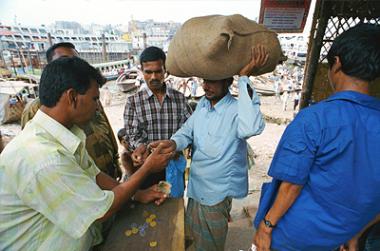
Increasing Tax Revenues and Transparency in Bangladesh
Tax reforms are demanding :Taxes are known for being one of “life’s certainties” but yet a difficult subject that generally raises strong views and negative sentiments. This was no different in Bangladesh where the government is implementing a Value Added Tax (VAT) Improvement Program funded by the World Bank Group. The program is designed to…
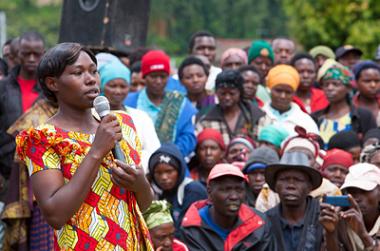
Improving Performance Audit Capacity in Indonesia: Toward a More Effective and Efficient Government
Indonesia sought to improve performance audit capacity of its Supreme Audit Institution (BPK) by sharpening staff skills, revamping training modules, and building relationships with more developed auditing institutions. Indonesian delegates visited with counterparts in South Africa to discuss policies, guidelines, and training curricula; and…
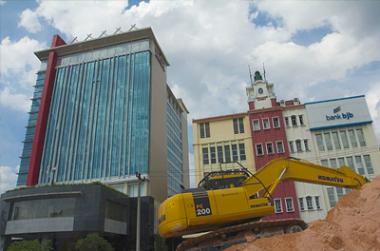
Meeting Indonesia’s Urban Development Challenge: South-South Exchange on National Urban Programs
The Government of Indonesia was seeking options for local government infrastructural development in its growing urban areas as means to support its urban development agenda and implementation of decentralization. The Government participated in an exchange with Colombia, which was recognized for its experiences with fiscal decentralization,…
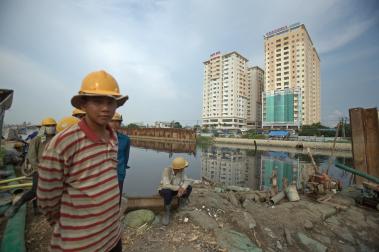
Establishing a Municipal Development Fund for Enhanced Financing of Infrastructure: Vietnam-Colombia Exchange
To strengthen municipal infrastructure financing as part of a larger urban development plan, Vietnam participated in an exchange with Colombia. The Vietnamese learned about the institutional, legal, regulatory, and operational frameworks of municipal development funds (MDFs). Thus, they gained skills to develop policy recommendations for a legal…
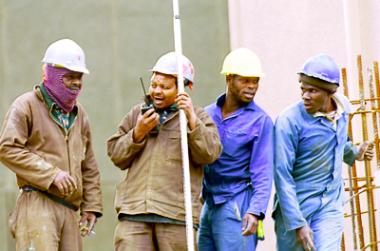
Capacity Building for Creditworthiness of the City of Ulaanbaatar, Mongolia
The city of Ulaanbaatar (UB) had reached a secure budgetary position to fulfill its goal for obtaining creditworthiness and issuing municipal bonds to mobilize financial resources. But it lacked the knowledge and experience to move forward. Finding the cities with the necessary experience to share, UB engaged Johannesburg and Tshwane (Pretoria) in…
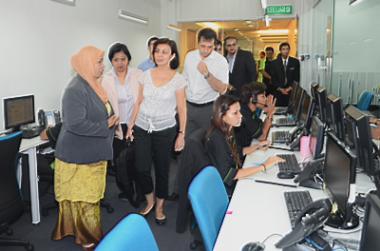
Building Skills for e-Procurement in Tajikistan
The Government of Tajikistan wanted to keep up with the growth of e-governance as well as reform its public procurement system. Through the exchange with Malaysia, experts from Tajikistan learned about the importance of improving efficiency and transparency in the public procurement process. The Government of Tajikistan also increased its capacity…
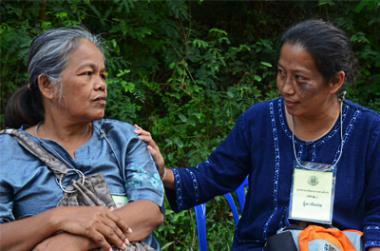
Modernizing Myanmar’s Budget System and Practices: Learning from Thailand’s Successes and Challenges
The Government of Myanmar recognized the need to reform public financial management as part of a broader effort to restore fair and accountable governance, build the country’s economy, and promote national reconciliation after decades of military rule. To modernize and improve budgetary transparency, the Ministry of Finance and Revenue arranged an…
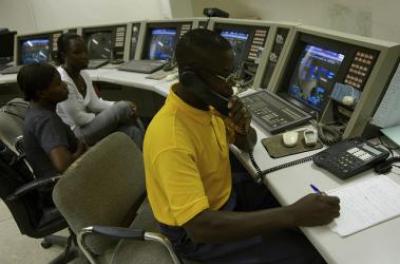
Mozambique: Enhancing Municipal Revenues to Improve Service Delivery
What was the objective of the South-South exchange? : With the largest urban population in Mozambique, the capital city Maputo faces a continuous demand for municipal services. The city is aware that it must increase its own sources of revenue to ensure that services are provided in a sustainable manner. A primary challenge for Maputo has been to…
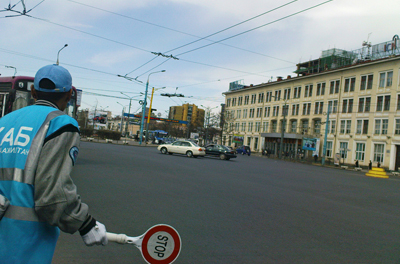
Improving Public Expenditure Management in Mongolia and Lao PDR
With the continued economic growth of East Asian and Pacific (EAP) developing countries, public concern has increased about the appropriateness of and transparency around public expenditures. Recent corporate collapses and increased corruption cases focused attention once again on auditors’ roles and performance, since government auditing plays a…
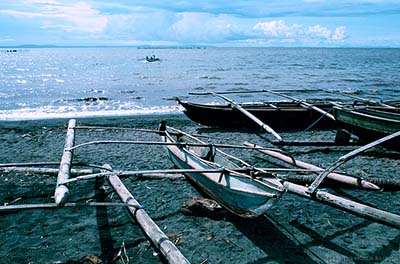
Improving Treasury Operations in the Philippines
Weaknesses in public financial management (PFM), such as fragmented public accounts and inadequate capacity in budget monitoring and execution, posed risks to governance and anti-corruption efforts in the Philippines. The Government of the Philippines had worked with the World Bank and other donors – notably AusAID – to strengthen PFM by helping…
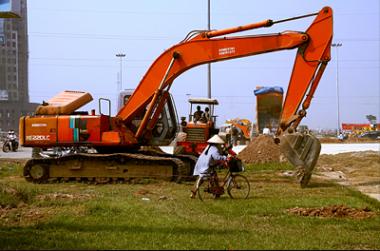
Knowledge Sharing and Experience Exchange on the Optimal Utilization and Management of External Financing for Development
In 1995, with technical assistance from the World Bank, Indonesia introduced its Program for Pollution Control Evaluation and Rating (PROPER), the first such environmental rating and disclosure (ERD) initiative in the developing world. With experience from Indonesia, the World Bank helped introduce the concept to other countries, including Ghana,…

 China
China Colombia
Colombia Denmark
Denmark India
India Indonesia
Indonesia Mexico
Mexico Russian Federation
Russian Federation Spain
Spain United Kingdom
United Kingdom